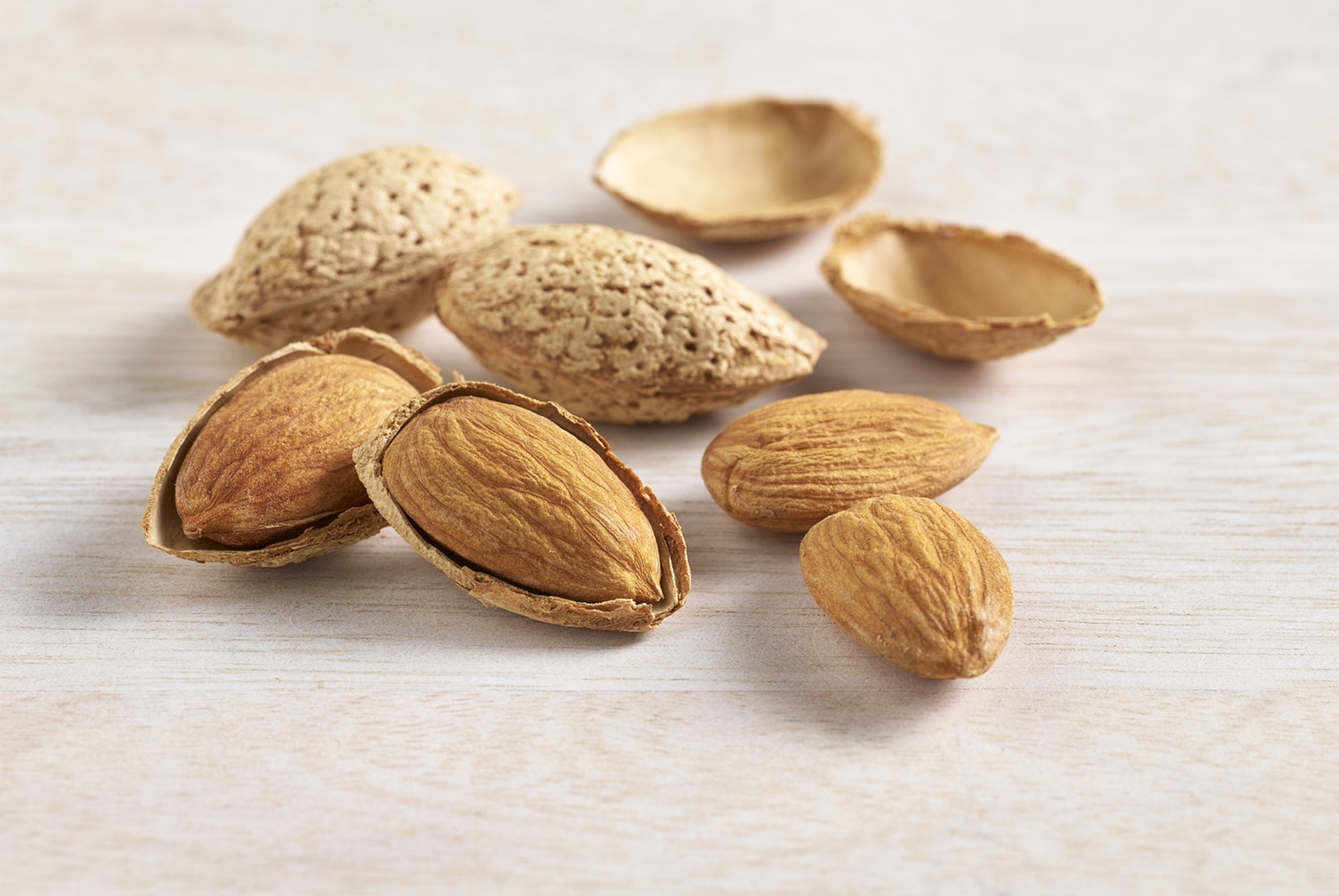Health Benefits Of Adding Almonds Into Daily Fitness Regime – Blog
Almonds are known for their incredible versatility, whether enjoyed raw, soaked, peeled, or with the peel. They are not only delicious but also packed with essential nutrients that offer numerous health benefits. Adding almonds to your daily diet can contribute to weight management, blood sugar control, lower bad cholesterol, and promote skin health.
The Nutritional Power of Almonds
Almonds are more than just a tasty snack; they are a nutritional powerhouse containing 15 essential nutrients vital for optimal body function. From protein to healthy fats to vitamins and minerals, almonds are a must-have in any diet.
Protein
Almonds are a great source of protein, crucial for muscle repair and growth. With approximately 6 grams of protein per ounce, they make a perfect snack for fitness enthusiasts.
Healthy Fats
Rich in monounsaturated and polyunsaturated fats, almonds help lower LDL cholesterol levels and support heart health. These fats also provide energy for daily activities.
Fiber
Almonds are a good source of fiber, essential for digestive health and promoting a feeling of fullness, aiding in weight management.
Vitamin E
Almonds are one of the best sources of Vitamin E, acting as an antioxidant that protects cells from oxidative stress and strengthens the immune system.
Magnesium
Essential for muscle function and energy production, magnesium in almonds helps with muscle recovery.
Calcium
Important for bone health and muscle function, almonds also provide calcium.
Iron
Almonds are a source of iron, crucial for the creation of hemoglobin and improving energy levels.
Zinc
Zinc in almonds plays a role in immune function, cell growth, muscle repair, and recovery.
Phosphorus
Working alongside calcium, phosphorus strengthens bones and teeth and aids in protein synthesis for cell growth and repair.
Copper
Copper in almonds supports healthy blood vessels, nerves, immune system, bones, and aids in iron absorption.
Manganese
Playing a role in metabolism, manganese helps in the breakdown of carbohydrates, proteins, and cholesterol.
Selenium
As an antioxidant, selenium protects cells from damage and supports immune function.
Riboflavin (Vitamin B2)
Riboflavin helps in converting food into energy.
Niacin (Vitamin B3)
Niacin supports energy production and nervous system health.
The rich nutritional content of almonds emphasizes their importance in promoting overall health and well-being, making them a valuable addition to any diet.
Health Benefits of Almonds
Improved Heart Health: Almonds can help reduce LDL cholesterol levels and maintain HDL cholesterol, crucial for a healthy heart.
Stabilized Blood Sugar Levels: Almonds with their low glycemic index and nutrient content help regulate blood sugar levels.
Weight Management: Almonds are a great snack for weight management due to their satiating properties.
Skin Health: Vitamin E and antioxidants in almonds contribute to skin health, protecting against sun damage and aging.
Incorporating almonds into your diet can significantly benefit your health, especially when combined with an active lifestyle.
How to Include Almonds in Your Diet
Here are some tips on incorporating almonds into your meals:
Morning Boost: Add almonds to your breakfast cereals, oatmeal, or smoothies for a nutritious start to your day.
Healthy Snacking: Keep almonds handy for a quick and healthy snack between meals.
Enhanced Meals: Sprinkle chopped almonds over salads, stir-fries, or pasta dishes for added nutrients.
Protein Shakes and Smoothies: Blend almonds into your shakes or smoothies for extra protein and nutrients.
Almonds, in any form, offer a wide range of health benefits and can be a valuable addition to your diet, providing essential nutrients for a balanced and healthy lifestyle.
